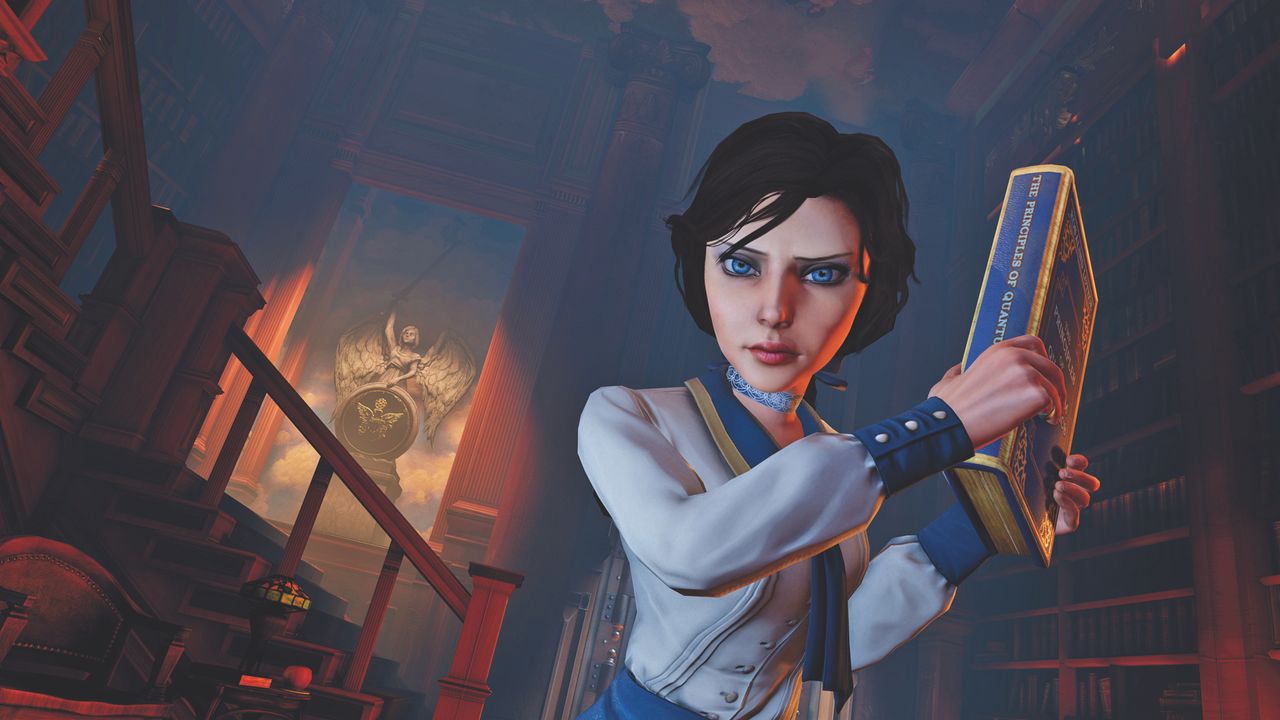
Like the floating and sunken cities they concern, BioShock games have often straddled the line between world wonder and grand folly, teetering dangerously during construction and springing leaks even before the first visitors have disembarked from the bathysphere. But BioShock 4 might have the shakiest foundations yet. A recent report from Bloomberg claimed the project's story was to be overhauled after an internal review, and Take-Two CEO Strauss Zelnick was called upon to explain himself.
"I think some of our competitors have realized maybe a little late in the day that consumers are not OK with OK," Zelnick said ahead of Take-Two's quarterly earnings report. "Good is the new bad, great is the new great. And our goal here is to make everything exceptional."
A lot of CEO talk is babble, and it's important to interrogate the leadership mistakes that might have been made during the making of a game which, according to Bloomberg, has been in development in various forms for over a decade. "This is blatantly a shield to placate stockholders and players," Strange Scaffold creative director Xalavier Nelson Jr. wrote on Bluesky. "When a game of this scale takes this long to make and currently has nothing to show for it? Something got fucked up."
Nevertheless, something rings true in Zelnick's assertion that 'good is the new bad'. As journalists, we've had a front row seat to the most significant transformation in videogames since BioShock 4 began development. That being the sheer number of them. Thanks to freely available professional tools, the ease of publishing on platforms like Steam and itch.io and – at least until a couple of years ago – a plethora of options for funding, the monthly game release schedule has become extraordinarily crowded.
Noisier than ever
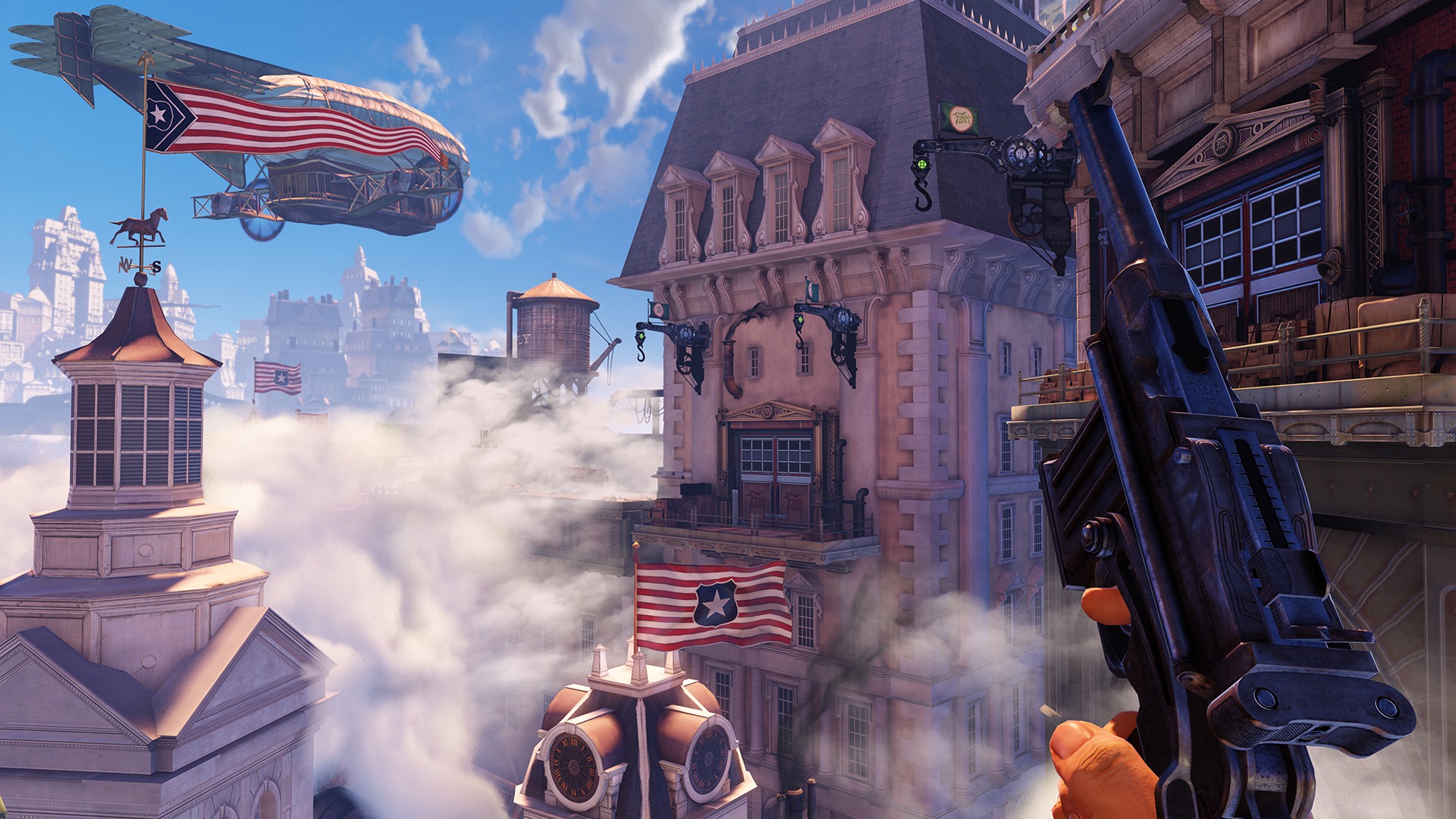
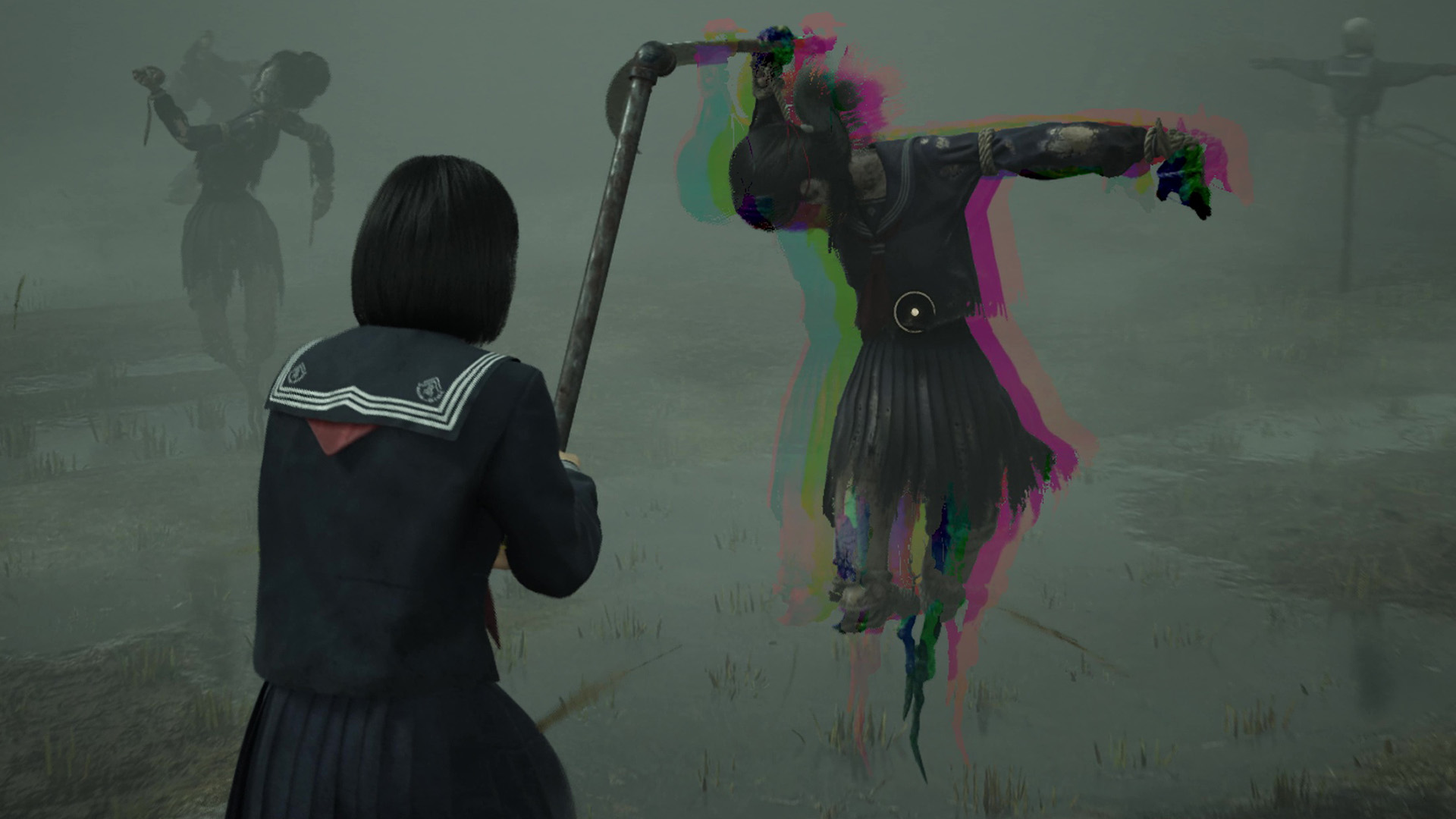
Check out the upcoming games still to look forward to in 2025
It's no longer possible for even a team of critics to sift through every new game, nor for many fans to keep on top of their own wishlists. Players have become much more discerning as a result. Interesting-but-flawed games simply do not get a look in during a 2025 that has already birthed Blue Prince, Kingdom Come: Deliverance 2, Split Fiction, Mario Kart World and Clair Obscur: Expedition 33. In that company, games that aren't all-timers are dismissed out of hand. Good becomes the new bad.
Many players are delighted by this state of affairs, even if they're not particularly aware of the factors that have led to it. The cream has risen to the top of a ginormous pool of development talent, and it tastes absolutely delicious. But as somebody who grew up on a diet of interesting-but-flawed experiences, I can't help but wonder what we're losing when most of those games don't sell and aren't played.
Here's an example for you: Divine Divinity. That absurd, alliterative title is just one of the ways in which publisher interference left its scars on Larian Studios' debut RPG. In the late '90s, publishers were chasing after the success of Diablo. "The only thing you could get sold was an action-RPG," Larian boss Swen Vincke once told me.
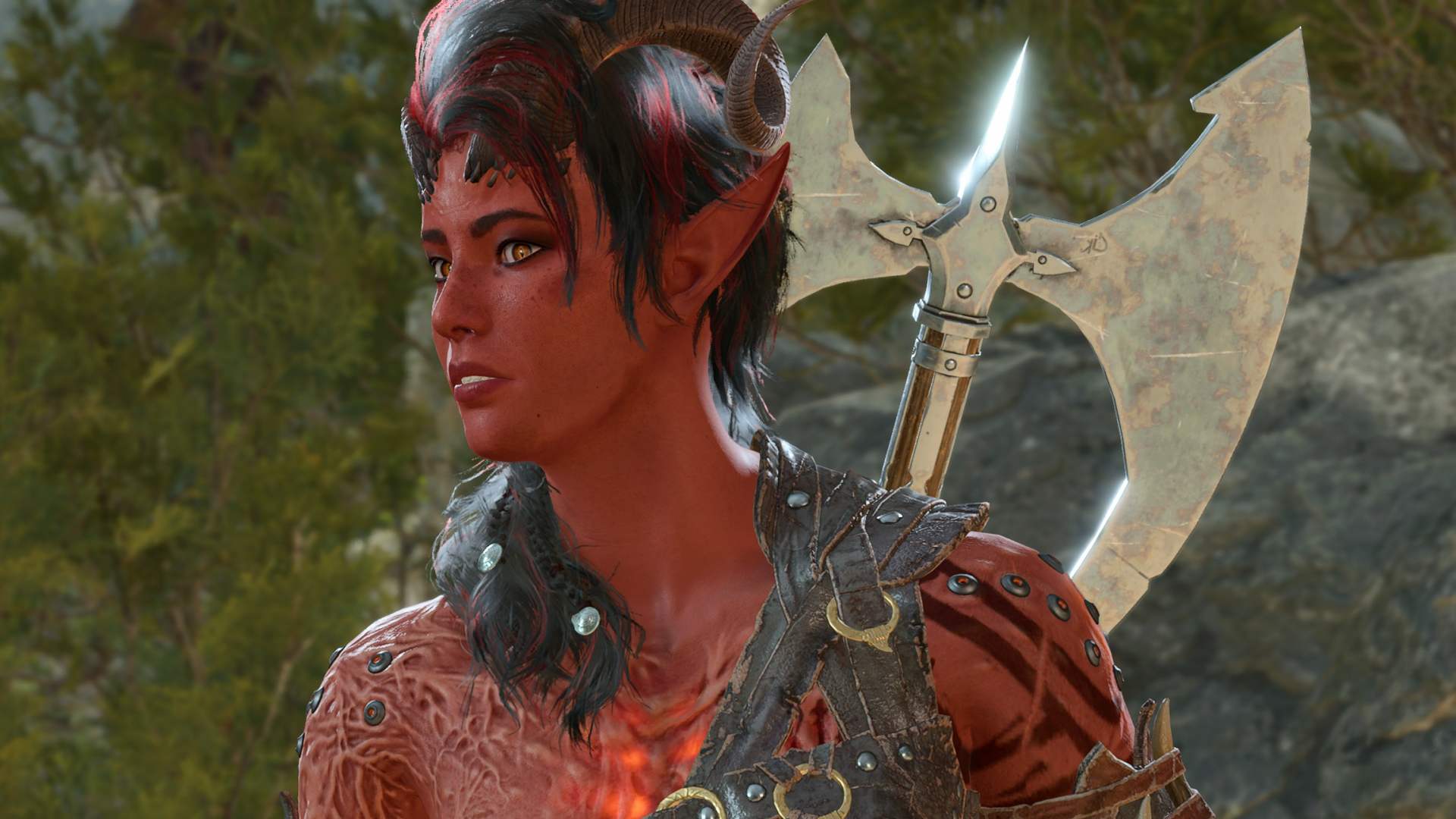
As a consequence, Divine Divinity was an uncomfortable splicing of the game Vincke really wanted to make - an intricate successor to Ultima 7, in which crates could be shifted around and cutlery swiped from kitchens – and the hack-and-slash dungeon crawler the market demanded. It was an ill-conceived compromise, and I couldn't in good conscience recommend that you try Divine Divinity today, nor its 2004 follow-up. Frankly, it's even tough to pitch Divinity 2 over Dragon Age: Origins, which came out the same month.
Yet the only partially-sated curiosity of starved CRPG fans like myself kept Larian going, all the way to the Kickstarter era – when the studio was finally able to deliver on its initial promise. That's how we got Baldur's Gate 3, ultimately: through a trickle of attention from a hardcore RPG audience which, back in the noughties, wasn't particularly spoiled for choice. I worry that, had Larian started out today, the studio would never have got its grace period to figure out the kinks in its formula and negotiate its way through a series of bad deals. And nobody would know who Astarion was.
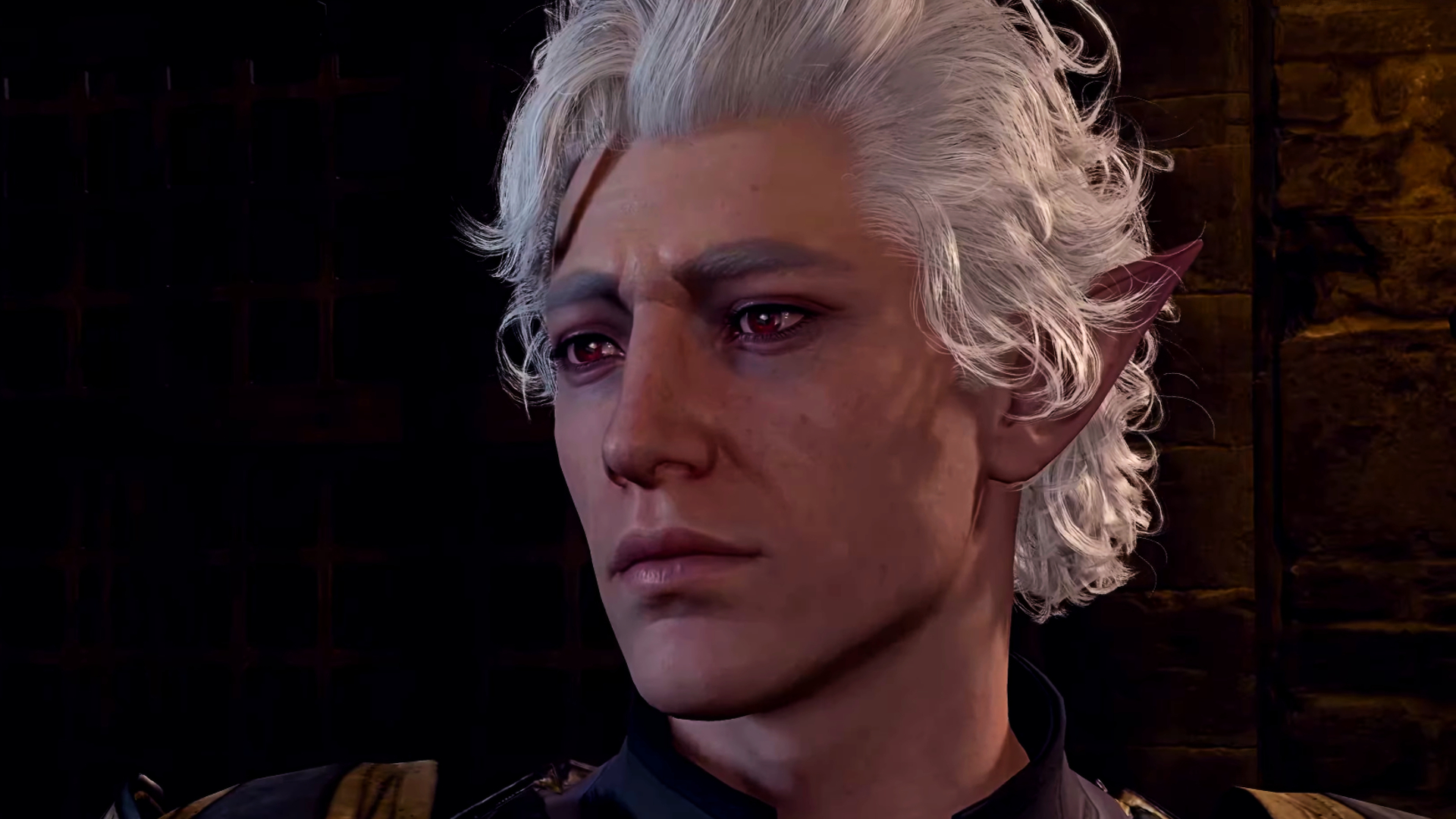
There are several very significant game genres that we simply wouldn't have, were it not for the interesting-but-flawed games waved through in eras past. The games industry polishes up ideas through iteration, so it's inevitable that many great mechanics were somewhat wonkily implemented on the first attempt. There's a level in the first Thief game, The Dark Project, that attempts social stealth so haphazardly that it drove me and many other players to distraction. But without audience encouragement of those early experiments, it's hard to imagine we'd have Dishonored or Hitman or the upcoming 007 First Light.
Forgiveness is a crucial element of creation, as artists delve down the wrong paths in the dark, double back, and try again. Yet right now, presented with a feast of near-perfect offerings to enjoy, videogame fans don't have to forgive developers anything. Who knows what future genres and GOTYs we might be denied as players gorge exclusively on a glut of 10/10s.
To help you find your next favorite game, we've rounded up the best games of 2025 to play (so far)







